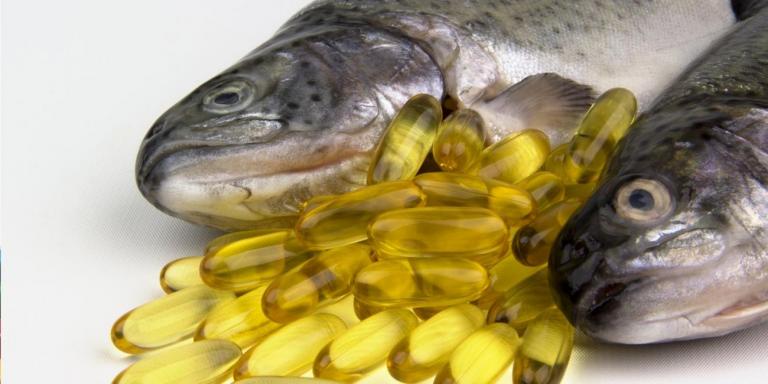The list of health benefits associated with omega-3 fatty acids goes on and on, so it's no wonder the market for omega-3 supplements has boomed in recent years. But what about the health of the planet? How can consumers be sure they're purchasing omega-3 supplements that do no harm?
Several species of fish are used to make fish oil. Most are small species, including mackerel, anchovies, sardines, and menhaden--the latter a species some worry is being over-fished. On the plus side, most small fish reproduce quickly--and the gear used to catch them does relatively little harm to other marine life and the undersea environment.
Environmental Defense Fund states on its website, "fish oil supplements are an acceptable choice for ecologically concerned consumers." There are also non-fish options, including omega 3s derived from the crustacean krill and algae.
The key is to be informed. Read the ingredients on supplement bottles to learn the source of the fatty acids, and visit the producers' websites to find out about their harvesting and production techniques. One simple way to feel good about your purchase is to buy supplements certified by the Marine Stewardship Council. Look for the council's Certified Sustainable Seafood logo on the label. To earn the logo, seafood and seafood products must meet the organization's best practice guidelines and must originate from a sustainable fishery.
More useful sources: The Environmental Defense Fund offers useful guides to help you select fish oil supplements that are the most healthful for you and your family, and to select types of fish that are most environmentally sustainable.
The Marine Stewardship Council also has a searchable database listing certified sustainable products, including omega-3 supplements.

